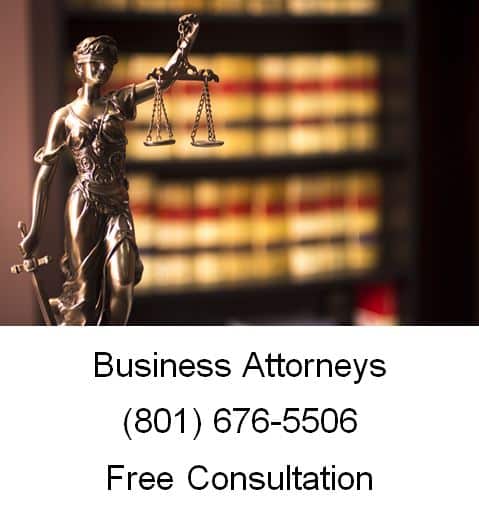Perhaps you’ve heard of the “repossession man” or “repo guy” — a shadowy figure who creeps up to your house in the middle of the night to take your back your shiny new sports car because you’ve defaulted on your car loan. Sounds like something out of a bad network television show, but in reality, creditors do have rights of repossession in certain circumstances and they can send a person out to take possession of any items a consumer or business doesn’t pay for as agreed upon in the contract.
Here you will learn about the basics of creditor’s rights of repossession in secured debts including what repossession is, what property may subject to repossession, and much more.
Definition of Repossession
So what exactly is repossession and how does it happen? Repossession is a process wherein a creditor takes possession of specific property after the debtor defaults on a contract. As in the example above, a person buys a car and then doesn’t pay for it as they agreed to in the contract. The right of repossession is created by contract and can exist in many different types of transactions.
Note, creditors are allowed to repossess property in many circumstances because they are “secured creditors,” meaning the lenders have an ownership interest in the borrower’s property. These are typically car loans or home mortgages.
How Repossession Works
A creditor can start the repossession process almost immediately if the account goes into delinquency. At that point, a creditor contracts with a third-party service, the repossession person or business, to capture the property and sell it to satisfy the unpaid balance plus the costs of the sale and attorney’s fees.
The most notable part to this process is that the creditor does not need a court order to begin repossessing property. How can the creditor do this? Usually this is spelled out in the terms of the contract signed between the business and the buyer. Each state has different business laws specifying how much, if any, notice has to be given to the consumer, so it is always good to check the laws in your state first. The same is true for leased vehicles or business equipment – miss a payment and the property can be seized right away without a court order.
Breach of the Peace
While creditors have broad rights of repossession, they can’t use the repo man to “breach the peace” or break the law to retrieve on secured debts. Breach of the peace can mean a variety of things, so it is important to look to state laws to understand the meaning. But generally it means the repossessor can’t come onto your private property to take the property such as an enclosed garage, or into a fenced or locked area, without permission from the legal owner of the building or locked area.
However, that doesn’t mean you can hide the property away in a location that would make it impossible for the repossesor to enter. In fact, in many states hiding or concealing the vehicle to deprieve it from the legal owner can be a crime. The repossesor can, however, take items, such a car or motorcycle, if it is located in an unsecured driveway, street, parking lot, and other publicly accessible areas at any time of day or night.
Are Cars the Only Property Subject to Repossession?
No, in fact there are number of different types of items that can be repossessed by a creditor to satisfy the secured debt including:
- Real estate (see home foreclosure below);
- Jewelry;
- Rent-to-own furniture or electronics;
- Artwork; or
- Any other tangible asset that can be sold.
Another form of repossession happens when a person defaults on a home loan. If a consumer can’t make their mortgage payments, the lender can repossess the home through a process known as foreclosure. When that happens, the lender will sell the property to recover as much of the outstanding loan balance as possible because the house is collateral for your debt.
What if a Person or Business Doesn’t Pay a Credit Card Bill?
Most credit card debt is known as an “unsecured debt,” meaning the creditor has no ownership interests in the property. If a person or business doesn’t pay their credit card bill after collection attempts have been made, the creditor will have to go to court to secure a judgment, meaning the repo man can’t just waltz up to your doorstep and take the goods.
Right of Repossession: Related Resources
- Creditors Rights and Collection Options
- Debt Collection
- Do I Need a Collections Attorney?
Free Consultation with a Utah Business Lawyer
If you are here, you probably have a repossession issue you need help with, call Ascent Law for your free consultation (801) 676-5506. We want to help you with repossession matters.
8833 S. Redwood Road, Suite C
West Jordan, Utah
84088 United States
Telephone: (801) 676-5506
Recent Posts
Violations of Child Custody and Visitation
Taking Legal Action for Non-Payment of Invoices
Utah Divorce Mediation Attorney
Which Bankruptcy is the Worst?
Children Who Smoke and Drink Are Linked to Parents’ Divorce
Source: https://www.ascentlawfirm.com/right-of-repossession/
Source: https://divorcelawyerhebercityutah.blogspot.com/2018/11/right-of-repossession.html


No comments:
Post a Comment